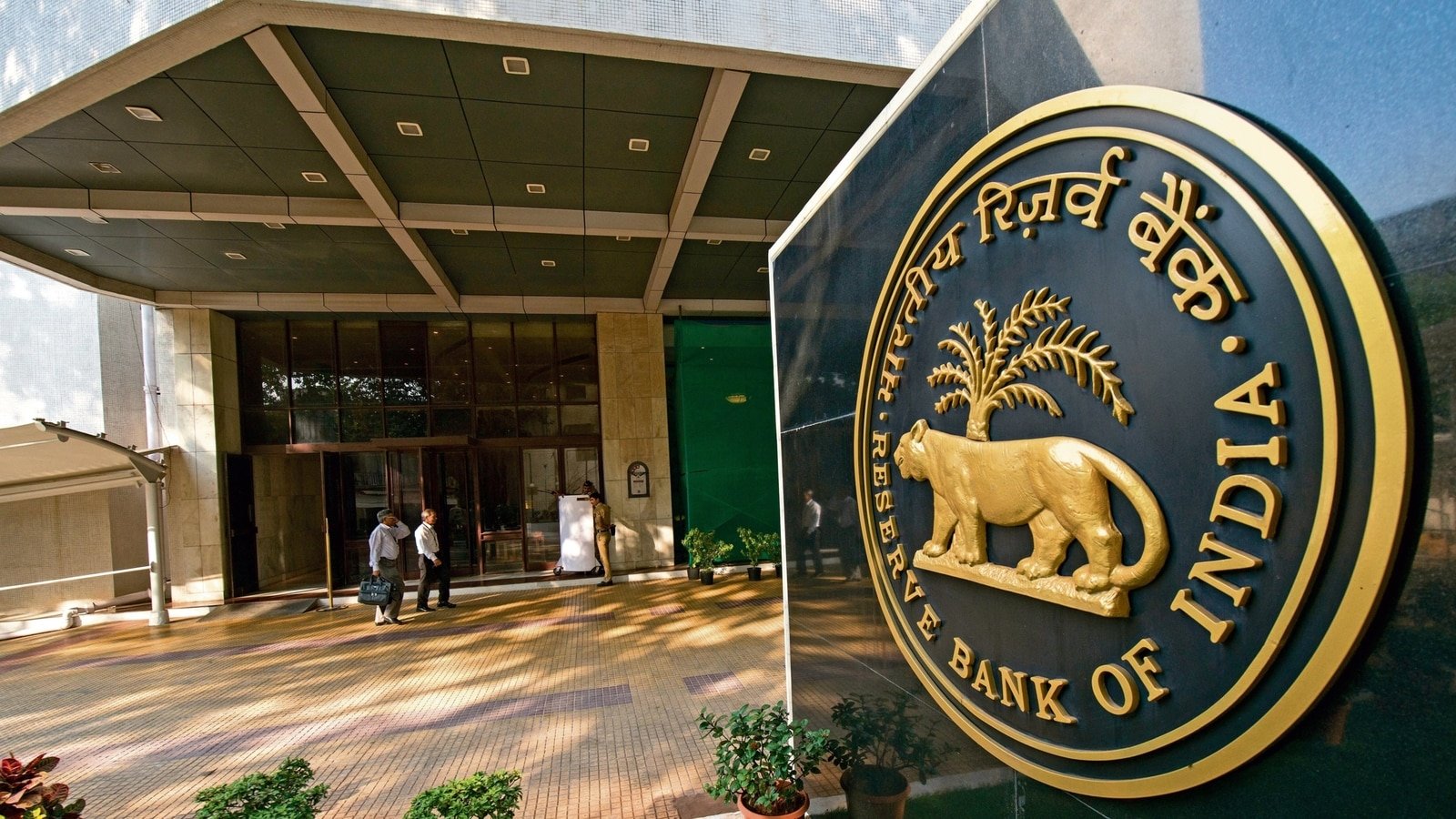
RBI New Guidelines: How Loan EMI Bounce Charges Will Benefit Borrowers: The Reserve Bank of India (RBI) has recently implemented new regulations aimed at safeguarding customers who experience a missed loan EMI. This rule is designed to promote transparency and fairness in the loan process, ensuring that borrowers are not unfairly penalized for EMI defaults. If you’ve missed an EMI on your loan, these new RBI guidelines could prove to be beneficial for you. Let’s take a closer look at these updates.
Key Changes Under the New RBI Guidelines
The RBI has introduced clear guidelines about the penalties for missed loan EMIs. Under these new rules, banks will no longer be allowed to charge interest on penalty fees resulting from a missed EMI. Previously, some banks would add penalty interest on top of the regular interest rate for late payments, but this will no longer be allowed. The penalty for missed payments will now be strictly considered as a “penal charge” and not subject to additional interest accrual.
Banks Can No Longer Charge Excessive Penalties
One of the significant changes is that banks can no longer arbitrarily increase their penalties by adding interest to overdue payments. With the new RBI directive, if a borrower fails to make an EMI payment, the bank cannot apply any interest to the imposed fine. This is a step towards reducing excessive charges and making the loan process more transparent for customers.
The RBI has made it clear that although penalties can be levied for non-compliance, the interest on penalties will not be recovered from borrowers. This means that borrowers will only be required to pay the penalty charges without additional interest on those penalties.
Eliminating Banks’ Excessive Penalty Practices
These new rules are a significant change from the past, where banks had the freedom to set high penalties on late payments. Now, the RBI ensures that interest will not be charged on the penalty imposed due to missed EMIs, thereby curbing the practices that led to increased financial burdens for borrowers.
Furthermore, the RBI has prohibited banks and non-banking financial companies (NBFCs) from using this “interest penalty” to boost their profits. This decision is part of a broader initiative to prevent banks from exploiting customers and to ensure a fairer loan system.
Who Will Benefit from These Changes?
Borrowers who miss their EMI payments will see immediate benefits once these new RBI rules take effect. This includes relief from excessive penalty fees, as banks can no longer add interest to penalties. With these guidelines in place, customers will only be charged the specific penalty amount, which is capped and more transparent.
The new RBI rule, effective from 2023, aims to protect millions of loan holders, offering a more predictable and fair experience for borrowers. It also limits banks’ ability to impose arbitrary penalties, ensuring that customers are not overburdened by excessive fees.
Institutions Affected by the New Guidelines
These RBI regulations apply to various financial institutions, including:
- Commercial banks
- Cooperative banks
- Non-banking financial companies (NBFCs)
- Housing finance companies
- Exim Bank
- NABARD (National Bank for Agriculture and Rural Development)
- NHB (National Housing Bank)
- SIDBI (Small Industries Development Bank of India)
- All India Financial Institutions like NABFID
Exemptions from the New Rules
The RBI’s new rule regarding penalties does not apply to certain financial products. Specifically, it does not affect credit cards, external commercial borrowings, and trade credits. Therefore, while this rule provides significant relief for most loan types, it is not applicable in these specific cases.
Conclusion
With the RBI’s new guidelines in place, borrowers who miss EMI payments will no longer be subjected to excessive penalty interest, providing them with much-needed relief. This initiative seeks to protect consumers from unfair banking practices while ensuring greater transparency in the loan repayment process.

Leave a Reply